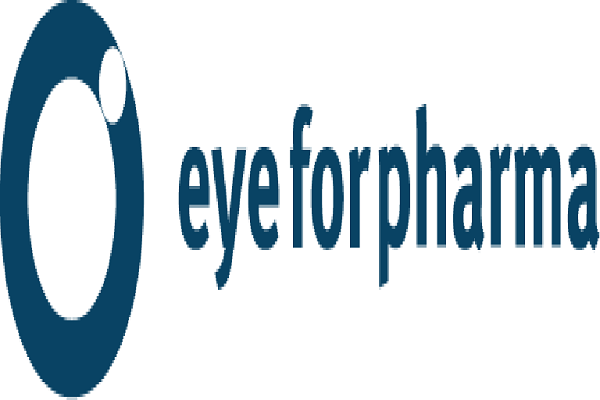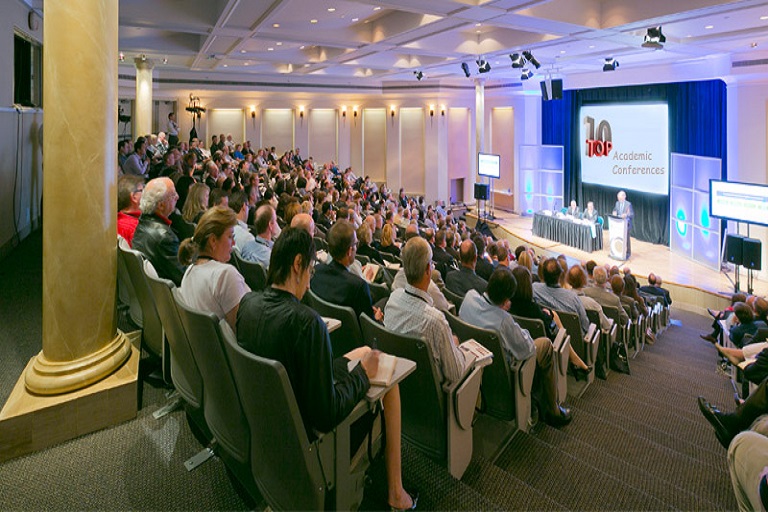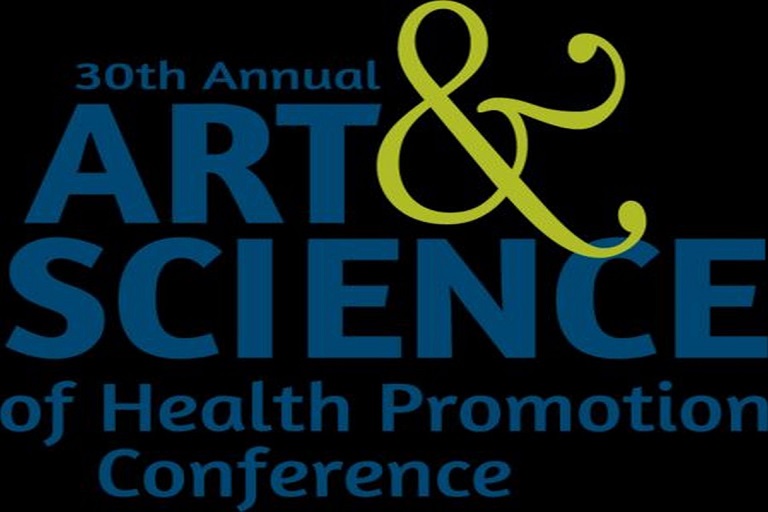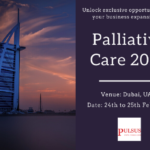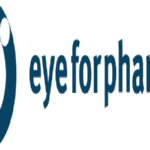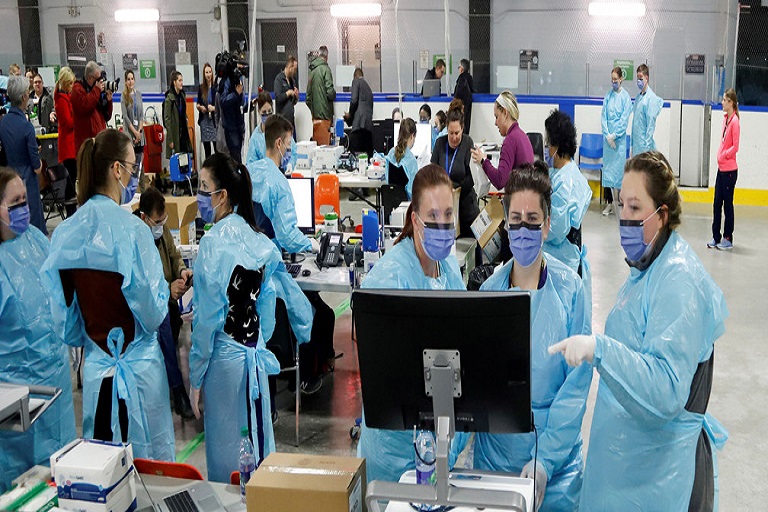Many countries have been caught off guard by the SARS-CoV-2 pandemic. In every way possible they are trying to gain control over a public health crisis of unprecedented scope and scale., and we are rooting for success for one and all. The purpose of this blog is not to look in hindsight and proclaim: This could have been done better. Rather, the objective is to look forward to the other side of this pandemic and be thankful for the rapid evolutions that medicine, technology, data mining, genomics, IoT, artificial intelligence, and big data have undergone, and, more importantly, to make sure that we remember to use the possibilities. If we had implemented all available tech in a cooperative manner with a focus on achieving the best possible outcome and value, would we then have been better prepared and possibly been capable of fending off both the health and financial crises caused by COVID-19? One of my mantras in the last couple of years has been: We are not lacking technology – we are lacking decisions. We have pushed this important message forward in a number of initiatives and networks such as Nordic Health 2030, Future Proofing Health, HIMSS Future50, and will discuss in more detail during a webinar on 4 May too.
Be warned
Just like a Tsunami-warning system, there are early warning systems for epidemics and pandemics. But we did not seem to make much use of them regarding SARS-CoV-2. We urgently need to figure out why. For many countries and regions this was not caused by the lack of available technology, but ignorance, politics, an inadequate focus on implementation, and, in this case, perhaps an unnerving sense of – we will get to it “in good time”. In 2018, the European Commission launched a €5 million prize to find the best solution for setting up an early warning system for epidemics. The deadline to submit applications is 1 September 2020, and the winner is planned to be announced in 2021. In October 2019, The Trump administration cut funding to “Predict”, a government research programme aimed at identifying animal viruses that might infect humans and to head off new pandemics. In April 2015, a TED Talk about the imminent risk of a pandemic featuring Bill Gates was shared on social media. It should also be noted, though not to belittle Gates’ talent or ability to predict the future, that many others have made similar warnings and predictions for a long time – we even have a popular board and computer game named ‘Pandemic’ and a smartphone app called ‘Plague’. The point is that we all knew the threat of a pandemic was real, but we either have lengthy procedures that delay the transitions of solutions from ideas to prospects and even more to implementation, or governments lose interest and, with it, the sense of of urgency and patience in the systems that can effectively prevent and mitigate such crises. This is because investing in preparedness is like health insurance you hope to never have to claim. The absence of use, then, is not due to a lack of advanced technology.
An abundance of health data
Even though the SARS-CoV-2 pandemic is upon us, it is not too late to benefit from the progress we have already made in medicine, healthcare IT, technology, DNA and genomics, big data, and more.
The idea of globally sharing ways to collect health data is by no means new. For example, in 1876 at the World Hygiene Congress, French doctor Olivier du Mesnil was reportedly in awe of Brussels’ health information system. So historically speaking, we have a long history of sharing medical knowledge and how to collect data – also when it comes to fighting pandemics. Yet in spite of it becoming a lot easier to share knowledge and data, we might have now put up more barriers for sharing, instead of tearing obstacles down. We simply seem a little reluctant to learn and borrow from other countries. We, like children, must learn to share.
Sharing healthcare data across borders is a controversial and highly debated subject. There are incredibly good reasons for a government to protect the citizens’ healthcare data. But there are also – with proper privacy and data security – plenty of reasons to share data a lot more than we do today.
When the SARS-CoV-2 pandemic reached the US, Prof Ruth Ann Crystal, from Stanford, California made an open, shared Google Docs document in order to allow doctors from US to quickly communicate new knowledge of treatments, findings, and critical guidelines on how to treat COVID-19 patients. Granted no individual patients’ data are shared, the idea behind the document proves a point though: We desperately need to have a closer look at sharing patients’ data in a privacy-respecting and secure way in order to harvest the knowledge and benefits that big data will provide globally.
We have many advanced EHR systems, and some of the world’s largest healthcare IT vendors have for years been working on global systems able to securely harvest data from the national and local systems. The technology is ready. What our governments must do is strike a balance between preventing large international tech companies from dictating the rules of engagement while not scaring us away from the benefits by entering into a controlled partnership with them. This also goes for behavioural data and tracing technology, as illustrated by the recently announced cooperation between Apple and Google. Practically, we must require transparency, traceability, and accountability for data, which ensures that we maintain standards and quality, and prevents data from becoming a power tool in the hands of the few. We also need to ensure that the data is used for the benefit of individuals and cannot be used to cause harm.
Singapore, South Korea, and Taiwan were prepared for the pandemic. Using knowledge from the 2003 SARS pandemic, they used technology to quarantine sick citizens while simultaneously testing, tracing, and tracking potential new cases. These governments also communicated directly to citizens via cell phones and monitored their whereabouts. This gave these three countries increased flexibility in relation to handling the virus and, though Singapore has experienced a second outbreak amongst immigrants, they are keeping control of the situation through the benefits of technology, big data, and data mining. The technology and visions are there, but we need safer ways of interacting with and implementing them.
Why was telemedicine put in the corner?
The SARS-CoV-2 pandemic has finally let telemedicine out of the doghouse. Despite it being an established idea and technology, telemedicine is not effectively implemented. In Denmark the COVID-19 pandemic resulted in a fear of going to the doctor. From quite literally one day to the next, patients stopped contacting their GPs. Within a week, the government and health IT vendors had created a video-consultation add-on to an existing app used for booking and communication. Just after being announced the app was downloaded 5,000 times within 15 minutes, and since then its use has skyrocketed, while other medical specialties have been added.
Telemedicine has always been measured according to financial benefits, where it has fallen short. The need for healthcare workers to be at work the same amount of time, or the number of healthcare workers required does not disappear with telemedicine. But the safety of staying at home, and speediness of a consultation is the real benefit shown during this pandemic. Moreover, the constant improvement of photo quality on smart devices also adds to the possibilities of this old innovation. This bodes well for remote monitoring and having chronic patients at home.
We are not created equally – sharing is caring
We are beginning to see a pattern in the ways SARS-CoV-2 affects ethnic groups differently. There are also clear differences in outcomes between men and women, age groups, and those with preexisting conditions. This is current and available knowledge that can influence the success of the methods used in fighting the pandemic – it is clear that the approach to handling COVID-19 cannot be the same and be equally effective for all.
We already have the means to help each other across borders, and this needs to be prioritised. The Human Genome Project already showed that this is possible at the turn of the century with the Bermuda Principles, which established the daily release of DNA sequence information by laboratories participating in the project. The same principles can easily be applied in sharing the knowledge that each day brings us closer to tackling the COVID-19 pandemic with improved diagnostics, treatments, and medicines including – hopefully – vaccines.
To do this we will need real-time data sharing. To be useful for other diseases we need a system in which we share all genomic information and treatment data in order to continuously have the best possible knowledge to treat individual people. This can be done medically and technically, but requires sharing.
The Internet Freedom League
All of this shows that we cannot allow new technology and medical breakthroughs to just be prestige projects that we love to innovate, brag about, have competitions for, and entertain long, ongoing tenders. We need to move quicker from idea to implementation – and not just locally or nationally. We must treasure and nurse larger continental and international cooperation for the health of the citizens of the world in a public-private, cross-border partnership. Interoperability has been a well known challenge for decades. Beyond jurisdiction, health has to a large extent be seen as a source of local development and jobs, but it needs to be first and foremost about individual and public health. Achieving this requires more global cooperation.
One option is to create a ‘Freedom of Internet League‘, as proposed by Clarke & Knake for a more secure internet structure. This can only be done through a coordinated effort that must go beyond the ongoing and destructive US-China power struggle for technological hegemony. Could such a solution be realised with the UN and UN agencies as brokers?
All of our knowledge collated in cooperation would have allowed us better control and managing of the SARS-CoV-2 pandemic. Unfortunately, we were too busy doing other things. It all adds up to this: There is never going to be a perfect time financially, politically, or otherwise to implement – we just have to get cracking.
The upside is we already know so much, and we have the technology to help us put that knowledge to work. Let’s make serendipity the goal moving forward. Could this be the role for a revitalised WHO?
Source: https://www.healthcareitnews.com/blog/europe/managing-covid-19-perfect-world





















